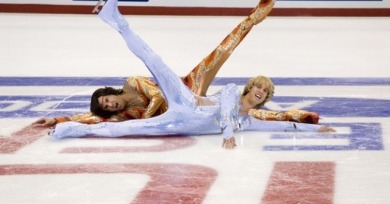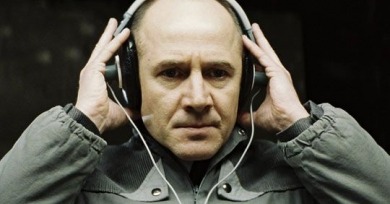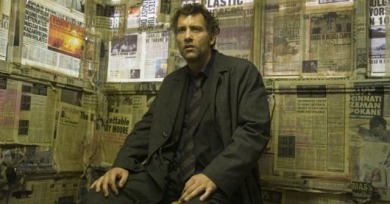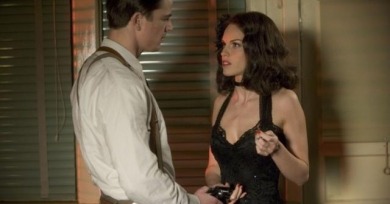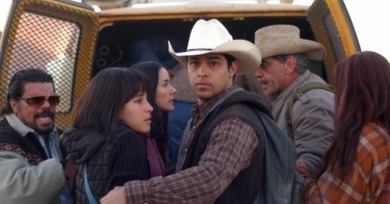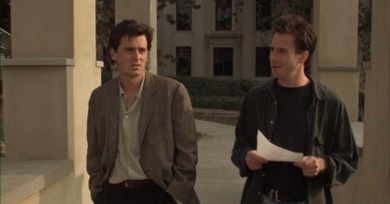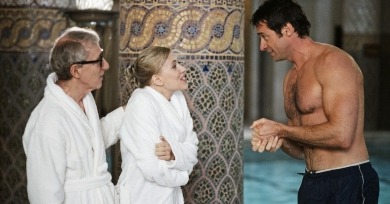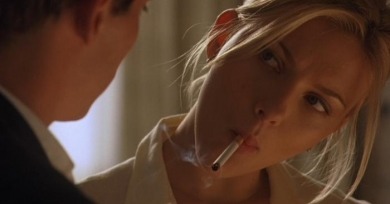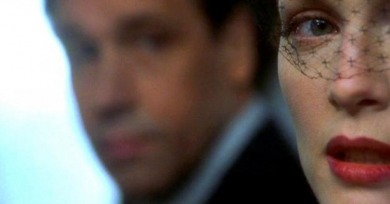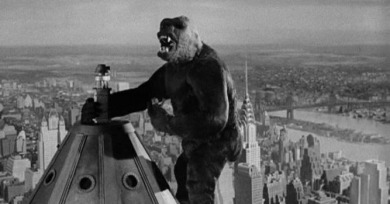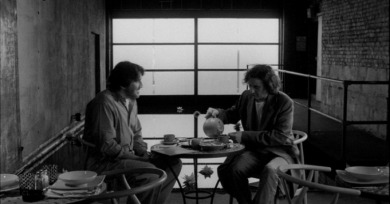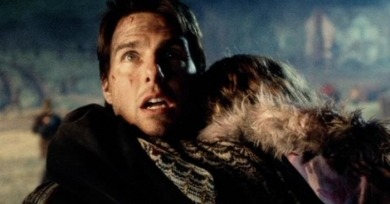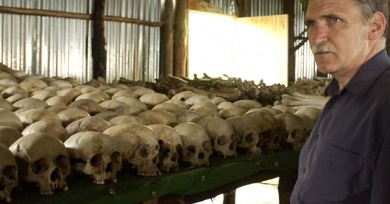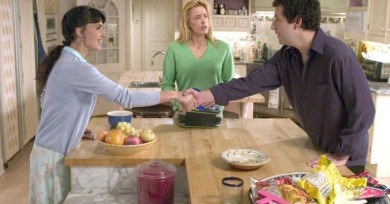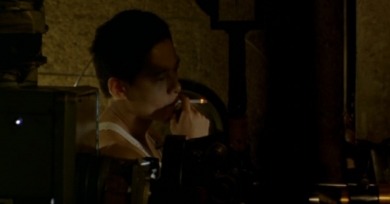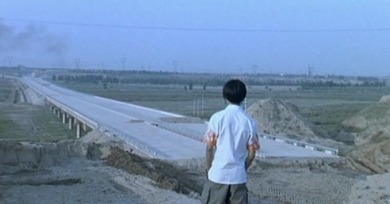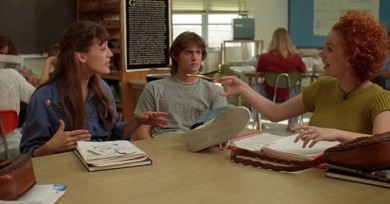Elbert Ventura
Like their unabashedly geeky protagonist, Sam Raimi’s Spider-Man movies are not hard to like. Budget and box office may mark them as efficient money-printing machines, but Spider-Man and Spider-Man 2 were so unfashionably square that they seemed like anomalies when stacked up against their summer superhero competition.
An art-house hit in its first couple of weeks of release, the Academy Award-nominated The Lives of Others is a fitting coda to a movie year that was defined by the ascendant middlebrow.
Doomed to disappear before it even sees the light of day, Children of Men seems the exact opposite of what the public wants to see during the holidays.
Perhaps itself the victim of mutilation, The Black Dahlia never finds its own identity, the most unusual criticism I can conceive of for a De Palma film.
Richard Linklater’s Fast Food Nation isn’t technically a horror film, but it’s brought me the closest I’ve come to nauseated dread at the movies this year.
Now out on DVD from the Criterion Collection after years in limbo, Kicking and Screaming has lost none of its hilarity or grace.
The pleasure you take in Scoop depends entirely on how much slack you're willing to cut Woody Allen. Has the reservoir of goodwill, left empty after a half-decade drought, been replenished by Match Point?
Had he disappeared for a while to return with Match Point, Woody Allen would well have deserved a wholehearted embrace. But he’s been here this whole time, hanging around like an aging fighter unaware of the embarrassing figure he cut, unheeding of the calls to stay down.
Magical things always seem to be happening to Jordan’s characters, and so it is here. But The End of the Affair is not about the enchantment of the everyday, but the burden of the transcendent: miracles confound, rather than comfort, when you don’t believe in them.
The poignancy of the fleeting nature of wonder suffuses any first-time viewing of King Kong today. Made in 1933 and built on a reputation that has in the intervening years grown bigger than Kong himself, the movie is poised between antiquity and immortality—it is of its time, and yet it is timeless.
Not really terrible as much as inconsequential, Coffee and Cigarettes is so wispy it practically slides off the screen. Only audience good will and Jarmusch’s hipster rep seem to be pinning it up there.
For the last 20-odd years, James L. Brooks has compiled an oeuvre whose defining feature has been its shallow conception of cinema’s possibilities.
Set in the halls and caverns of a haunted movie palace, Goodbye, Dragon Inn doesn’t afford its audience a glimmer of natural light throughout its slender 81 minutes.
It says a lot about the state of the world that any country holding up a mirror to itself will invariably find the American specter looming over its shoulder.
In my callow teenage years, Dazed and Confused resided in that rarefied pantheon of movies prized less for their artistic merits than for what they said about me and my friends.
Iranian director Jafar Panahi’s newest feature is called Crimson Gold, but it could just as easily share the name of his previous movie, The Circle. Both banned in their home country, they harbor the same vision of a circumscribed society.

